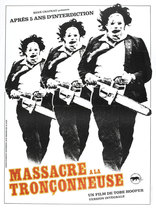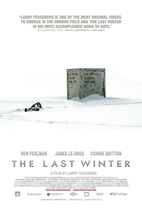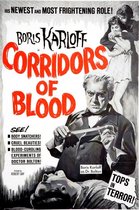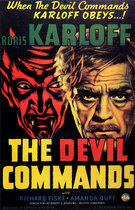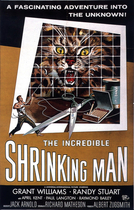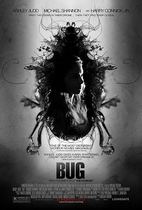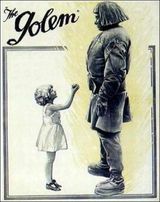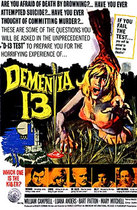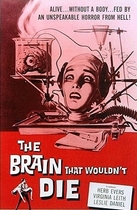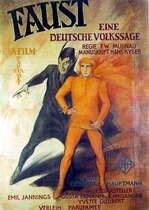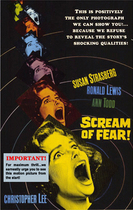Our editor-in-chief Nate Yapp is proud to have contributed to the new book Hidden Horror: A Celebration of 101 Underrated and Overlooked Fright Flicks, edited by Aaron Christensen. Another contributors include Anthony Timpone, B.J. Colangelo, Dave Alexander, Classic-Horror.com's own Robert C. Ring and John W. Bowen. Pick up a copy today from Amazon.com!
Random Review
Latest Posts
Donations Accepted
Support Classic-Horror.com and keep it ad-free by making a small donation via PayPal.
Primary links
Classic-Horror is © by Answer 42 Media, 1999-present (Contact Form, RSS Feed). All Rights Reserved. Other materials are owned by their respective copyright holders, and will not be infringed upon herein.


